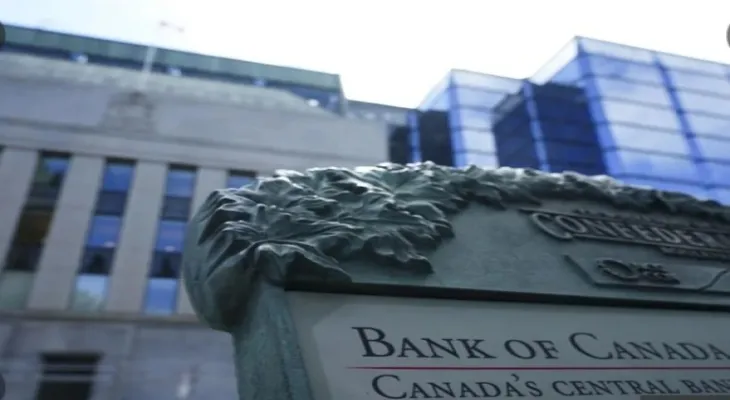Search here
Newspaper
Search here

Arab Canada News
News

Published: September 7, 2022
One of the major Canadian banks argues that while most Canadians are largely insulated from the impact of rising interest rates today, efforts to bring inflation back to manageable levels may leave some debt holders and mortgage borrowers feeling pain for years to come.
Bank of Canada is widely expected to raise its benchmark interest rate again on Wednesday, marking the fifth time this year it has increased borrowing costs in an attempt to cool the economy and reduce rampant inflation levels.
CIBC's Deputy Chief Economist, Benjamin Tal, also argues that thanks to the structure of Canadian household debt, the direct impact of rising interest rates is currently limited to one in four debt holders, and is heavily focused on homeowners with certain types of mortgages. "When people hear about higher interest rates, they assume everyone will pay more. This is not the case due to the debt structure in our economy," Tal says.
Tal and CIBC's Karyne Charbonneau detailed the impact of rising interest rates on Canadian household debt in a report released on August 22 using data from Statistics Canada, where the authors noted in the report that 30 percent of Canadians are completely debt-free, meaning the more expensive borrowing rate will not affect their payments at all.
Many indebted people actually do not have a mortgage, meaning their household debt comes from credit cards or loans to finance a new car, for example.
But credit cards already have very high interest rates, making the impact of a rate hike by the Bank of Canada largely negligible, Tal argues, and installment-based loans usually have fixed interest rates over the term.
Comments